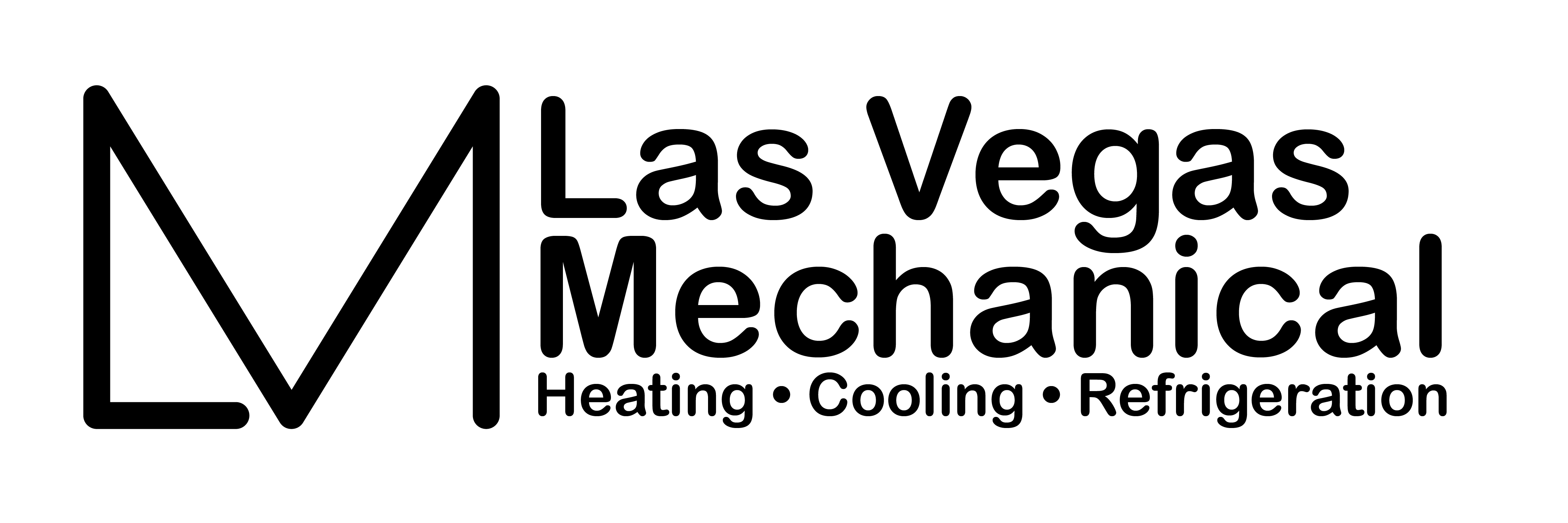HVAC (Heating, Ventilation, and Air Conditioning) systems play a vital role in maintaining a comfortable and healthy indoor environment. Whether you are installing a new HVAC system or upgrading an existing one, the process can seem daunting. However, with a clear understanding of what to expect during the HVAC installation, you can approach the project with confidence. This essay will outline the key steps involved in an HVAC installation and shed light on the professional services you can anticipate throughout the process.
Pre-Installation Assessment:
Before commencing the installation, a professional HVAC contractor will conduct a thorough assessment of your property. This involves evaluating the existing HVAC system (if applicable), examining the layout and structure of your home, and assessing your heating and cooling needs. They will take into account factors such as the size of your living space, insulation, and any specific requirements you may have.
System Selection and Customization:
Based on the assessment, the HVAC technician will recommend the most suitable system for your needs. They will consider factors like energy efficiency, budget constraints, and local climate. In many cases, the HVAC system may be customized to fit your property’s unique requirements.
Cost Estimate and Proposal:
After the assessment and system selection, the HVAC contractor will provide you with a detailed cost estimate and installation proposal. This will include the total cost of the system, labor, and any additional materials required for installation. The proposal will also outline the installation timeline and any warranties or guarantees provided.
Scheduling the Installation:
Once you have approved the proposal, the HVAC installation will be scheduled at a convenient time for both parties. The installation process may take anywhere from a few days to a week, depending on the complexity of the project.
Removal of Old Equipment (if applicable):
In the case of a replacement or upgrade, the old HVAC equipment will be removed safely and responsibly. This step ensures that the new system can be installed seamlessly and without any hindrance.
Installation Day:
On the scheduled day, the HVAC technicians will arrive with all the necessary equipment and materials. They will begin by setting up the work area, ensuring the protection of your home’s floors, walls, and furniture.
Installation of the HVAC System:
The actual installation process involves mounting the indoor and outdoor units, connecting the ductwork (if applicable), and wiring the system for proper functionality. The technicians will ensure that the system is correctly integrated with your property’s electrical system.
Testing and Quality Checks:
Once the installation is complete, the HVAC system will undergo rigorous testing to verify its performance and efficiency. The technicians will check for any leaks, calibration issues, or airflow problems and make adjustments as needed.
Explanation and Instruction:
After successful installation and testing, the HVAC technicians will explain the system’s operation, maintenance requirements, and any additional features it may have. This ensures that you understand how to make the most of your new HVAC system.
Post-Installation Support:
Reputable HVAC contractors provide post-installation support to address any questions or concerns that may arise after the installation. They may also offer routine maintenance services to keep your HVAC system in top condition and ensure its longevity.
An HVAC installation is a significant investment in your home’s comfort and energy efficiency. By knowing what to expect during the process, you can prepare yourself for a smooth and successful installation. Remember to choose a licensed and experienced HVAC contractor to ensure that your system is installed professionally, providing you with the utmost comfort for years to come. With a properly installed HVAC system, you can enjoy the benefits of a cozy and healthy indoor environment, no matter the weather conditions outside.
